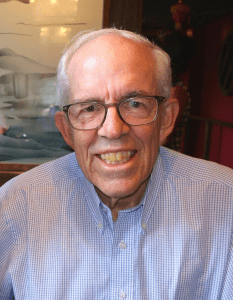 Richard B. Stein 1940-2020
Richard B. Stein 1940-2020
Le Dr Richard (Dick) B. Stein est décédé le 3 novembre 2020 et ses amis, sa famille et ses collègues se souviennent de lui comme d’un homme vraiment décent qui traitait tout le monde avec respect, équité et gentillesse. De nombreuses réflexions sur les réalisations d’un scientifique du calibre de Dick pourraient commencer autrement, mais ces qualités personnelles et son intégrité étaient également au cœur de ses contributions aux neurosciences ; notre communauté a été enrichie par sa perspicacité et son style de mentorat par l’exemple.
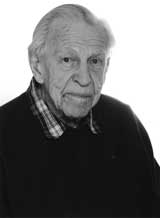
Peter M. Milner 1919-2018
Dr. Peter Milner was an outstanding neuroscientist who, with the late James Olds, discovered that electrical stimulation in specific parts of the brain (sometimes referred to as ‘pleasure centers’) acted as a reward for behavioural actions….
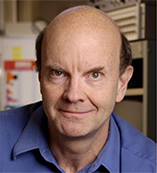
John Roder 1950-2018
John Roder was a world leader in the genetics of neuroscience, developing new tests and mouse models of psychiatric disease including, important advances in schizophrenia….
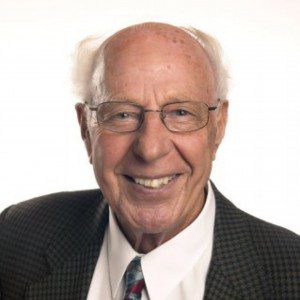
Jack Diamond, 1928-2014
Jack Diamond’s research, imaginative and of the highest quality, was concerned with regeneration and disorders of
peripheral nerve; later he also studied risk factors for the development of Alzheimer’s disease. Jack wanted to understand beneficial and detrimental roles of collateral sprouting, “a poetry of nerve growth”….
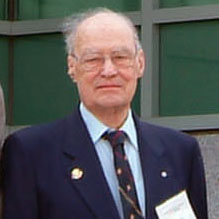
Louis J Poirier, 1918-2014
Louis J Poirier acquiert rapidement une réputation internationale grâce surtout au développement d’un des premiers modèles
simiens de la maladie de Parkinson. L’étude anatomique et pharmacologique de ce modèle permet au Dr Poirier et à
son collaborateur de l’Université McGill, le Dr Theodor Sourkes, de démontrer l’existence d’une relation directe entre la lésion des
neurones dopaminergiques de la substance noire et la perte de dopamine striatale qui caractérise la maladie de Parkinson. Ce travail
sera hautement cité et aura un impact considérable….
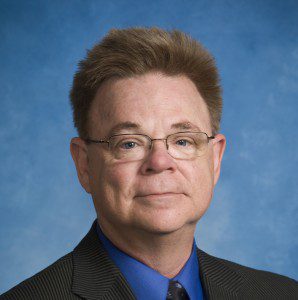
John F. MacDonald 2014
John Ferguson MacDonald was the quintessential Canadian scientist. A visionary and an insightful researcher who transformed the fieldof neuroscience, John wasa man whose humility, generosity, and deeply rooted respect for all transcended his outstanding scientific achievements….
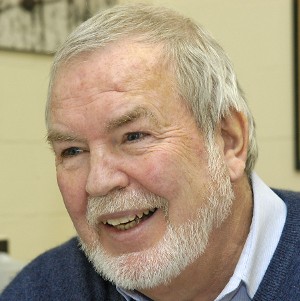
Laurent Descarries 1939-2012
Laurent Descarries was internationally renowned for his extensive work on the ultrastructural organization of monoaminergic and cholinergic innervations in the brain, and in particular for his work demonstrating the mostly asynaptic character of their axon terminals. The latter are now commonly thought to mediate their signals through a process called “diffuse transmission” or “volume transmission”…
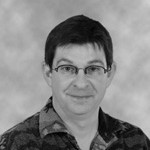
Didier Mouginot 1963-2012
Didier Mouginot was a versatile scholar who excelled in each of his duties; researcher, teacher and administrator. His accomplishments as a researcher are original and creative and reflect a sustained commitment to conduct the best possible research. He was a leader in his field due to the excellent quality of his research. This excellence was obtained by the continued expansion of his expertise and of his field of study through the acquisition of new advanced technologies to achieve a greater level of depth in his research. He was also a great collaborator who openly shared his knowledge and expertise….
William F. Dryden 1941 – 2012
William Dryden’s insight, breadth of knowledge, collegiality and sense of humour will be fondly remembered.
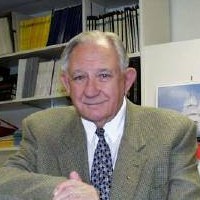
Sergey Fedoroff 1925-2012
Sergey Fedoroff is considered the father of tissue culture because of his important findings and contributions. He was president of several societies, such as the Pan American Association of Anatomy. He was also the mentor of several generations of the best
neurologists of the world. Read a profile of Sergey Federoff in the International Journal of Morphology

